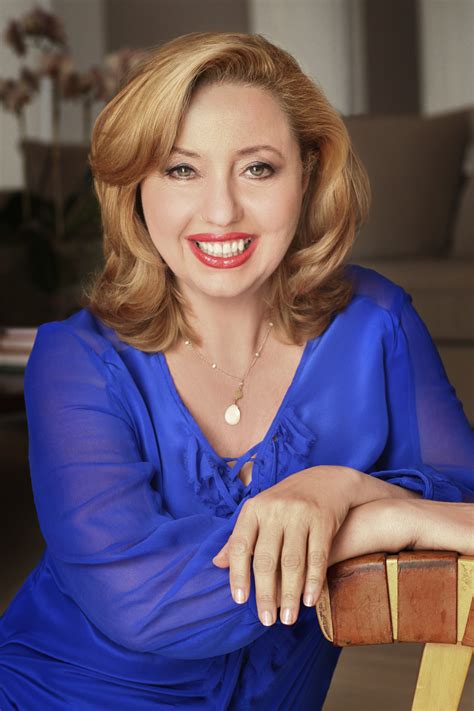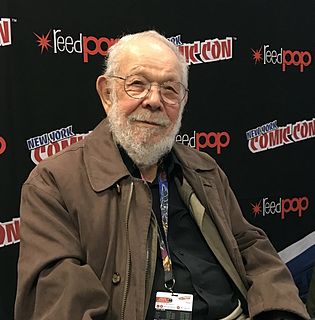A Quote by Suzanne Collins
Never having been in love, this is going to be a real trick. I think of my parents. The way my father never failed to bring her gifts from the woods. The way my mother's face would light up at the sound of his boots at the door. The way she almost stopped living when he died.
Related Quotes
His mother got her purse. His father reached for the door. "Scooter," he said, by way of good-bye, "have fun with your friends." But Hale was shaking his head. He put his arm around Kat's shoulders. "She's not my friend, Dad. She's my girlfriend." Hale's parents must have walked away, but Kat wasn't looking. She was too busy staring up at Hale, trying to see into his eyes and know if he was okay. The sadness that had lingered for weeks was fading, and the boy that held her was the boy she knew. A boy who kissed her lightly.
How could he convey to someone who'd never even met her the way she always smelled like rain, or how his stomach knotted up every time he saw her shake loose her hair from its braid? How could he describe how it felt when she finished his sentences, turnec the mug they were sharing so that her mouth landed where his had been? How did he explain the way they could be in a locker room, or underwater, or in the piney woods of Maine, bus as long as Em was with him, he was at home?
My mother found a way out of a little one-bedroom apartment in Athens, Greece to bring Arianna to Cambridge to study economics and bring me to the Royal Academy in London with very few financial resources and no connections. She didn't know anybody in England, but she found a way. Her love for her daughters and seeing what they could be, motivated her and gave her the chutzpah, the courage, to break down barriers. When you have the motivation of love, you will find the way.
I don't believe in regretting - one should try to move on. My mum was good at that. She was deeply in love with my father, and he died when I was nine. She remarried, and her second husband died, too. I saw the grieving process she went through. My mother had this way of moving on. It was a fine trait.
Her [Eleanor Roosevelt] father was the love of her life. Her father always made her feel wanted, made her feel loved, where her mother made her feel, you know, unloved, judged harshly, never up to par. And she was her father's favorite, and her mother's unfavorite. So her father was the man that she went to for comfort in her imaginings.
At that moment he knew what his mother was thinking, and that she loved him. But he knew, too, that to love someone means relatively little; or, rather, that love is never strong enough to find the words befitting it. Thus he and his mother would always love each other silently. And one day she--or he--would die, without ever, all their lives long, having gone farther than this by way of making their affection known.
After my mother died, I learned that she'd had a scholarship to the University of Nebraska, but - in kind of a tradition that females don't do things like that - her father prevented her from going. She always said that she wasn't allowed to go to college, but until she died, I never knew that she'd had this scholarship.
I mean, her father was an alcoholic, and her mother was the suffering wife of a man who she could never predict what he would do, where he would be, who he would be. And it's sort of interesting because Eleanor Roosevelt never writes about her mother's agony. She only writes about her father's agony. But her whole life is dedicated to making it better for people in the kind of need and pain and anguish that her mother was in.
I always think about Katharine Graham - she was the publisher of The Washington Post. In her autobiography she talks about the way her parents met. Her father was, I think, in New York just walking by on his way home and looked into a store and saw the lady that became his wife. It was just pure luck. And she said that it once again reminds her of the role that luck and chance play in our life. I really believe that, too.





































